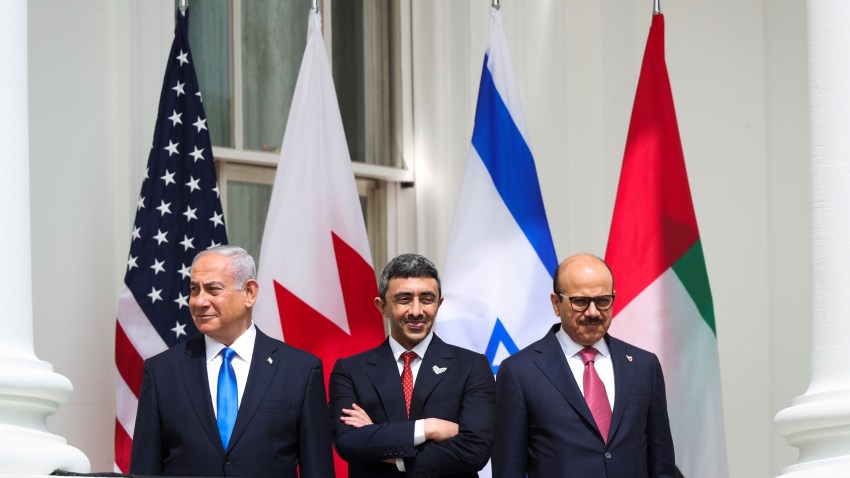Today at WPR, we’re covering the U.N. mission in Haiti and New Zealand’s upcoming election.
Israel-Gaza: Israel has ordered a “complete siege” of the Gaza Strip in retaliation for the militant group Hamas’ attack, the largest and deadliest the country has seen in decades. Israeli warplanes have struck hundreds of sites in Gaza, which is controlled by the group, and Israel’s defense minister said that “no electricity, no food, no water, no fuel” would be allowed into the territory. (New York Times)
Our Take: With the war now in its fourth day and the shock of the initial attack now giving way to a reaction phase, we’re taking today to look at the regional dynamics that could and likely will play a role in what seems certain to be a long and brutal conflict.
First and foremost, there’s the reaction from the wider Arab world. Despite its brutality, Hamas’ attack has been celebrated by Arab publics across the region, while Israel’s bombing of Gaza in reaction to it has predictably driven even more support for the Palestinian cause. That highlights the Achilles’ heel of the Abraham Accords, namely the enduring disconnect between regional governments—including Saudi Arabia—intent on pursuing closer ties with Israel and Arab publics that remain sympathetic to the Palestinians.
Then there’s the question of Hezbollah, the powerful Lebanese militia on Israel’s northern border. Despite an expectation that the group will get involved in the war, its potential participation is still very much uncertain. So far, exchanges of fire between Israel and Hezbollah have followed the two sides’ familiar choreography of deterrence, rather than escalation, but that could change. Looking ahead, whether or not Hezbollah decides to join Hamas’ side could determine if the war spreads or stays limited to Gaza.
There has also been a general assumption that Iran was involved in the planning of Hamas’ attack over the weekend. That is understandable, considering Iran does provide Hamas with weapons and financing. But providing aid does not necessarily mean that Iran was involved in the planning of such a secretive operation, though it may have been alerted that “something” was being planned. So until there is more conclusive evidence of Tehran’s participation, it’s better to remain wary of such accusations, which are often in the service of a broader political agenda with regard to Iran.
Finally, there have been some claims that Russia was involved in the attack, based on the fact that Moscow has some ties to Hamas and generally benefits from chaos and disorder in the region and more broadly. Russia, however, also prefers to maintain ties with all sides of the Middle East’s many fault lines and, more importantly, has been keen to keep Israel—which has been under pressure to provide weapons to Kyiv—on the sidelines of the war in Ukraine. Put simply, Russia has everything to lose and nothing to gain by alienating Israel.

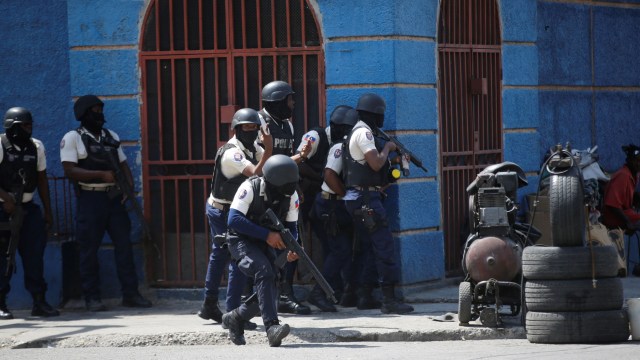
The U.N. Mission in Haiti Has a Fighting Chance
Last week, a controversial proposal passed the U.N. Security Council establishing a multinational armed mission to Haiti led by Kenya. Many are skeptical of the mission, believing it will simply be the latest of a series of botched multilateral interventions there.
As columnist Charli Carpenter writes, though, Haiti’s current security crisis is precisely the kind of situation where a mission like the one envisioned can have an outsized value in promoting human security.
Labour’s Hopes Dim in New Zealand’s First Post-Ardern Election
New Zealand’s election campaign is ending with little fanfare. Yet the vote on Oct. 14 is poised to deliver significant change, whatever the outcome.
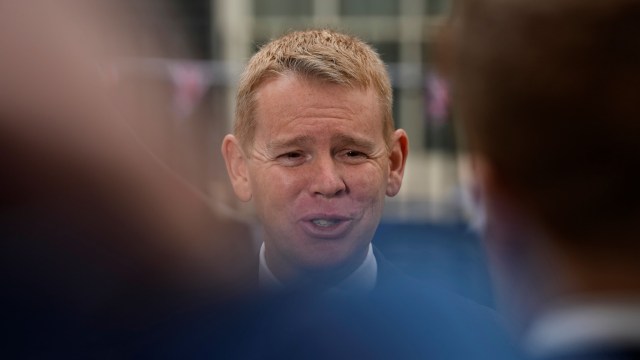
Since Jacinda Ardern, of the Labour Party, resigned as PM in January, her successor Chris Hipkins has had to contend with simmering voter discontent. New Zealanders now are more grumpy than grateful—56 percent think the country is heading in the wrong direction, and just 32 percent think it is on the right path.
Geoffrey Miller previews the election in today’s briefing.

The British government yesterday began its appeal of an earlier court decision striking down a policy to deport asylum-seekers who arrive in the country by “illegal, dangerous or unnecessary methods” to Rwanda. In return, the U.K. would invest tens of millions in Rwanda.
Meanwhile, a new Human Rights Watch report accuses Rwandan authorities of engaging in a systematic campaign of repression at home and abroad against suspected dissidents and their families. The report also says that the government in Kigali has abused global judicial and police mechanisms in order to return perceived enemies to Rwanda.
As Chris O. Ògúnmọ́dẹdé wrote when the U.K.-Rwanda deal was first announced, the agreement serves Rwandan President Paul Kagame’s desire to bolster the country’s international image and rebut criticism of his human rights record.
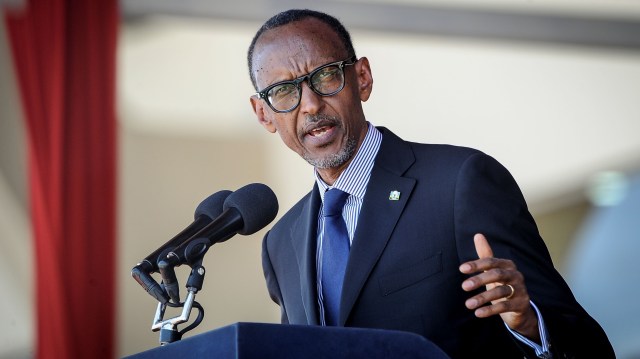
Rwanda’s Migration Deal With the U.K. Is a PR Move
April 26, 2022 | A new migration deal with the U.K. serves Rwanda’s desire to bolster its international image and rebut criticism of its human rights record. Read more.
Two senior Polish military officers have resigned over apparent tensions with the country’s defense minister, raising questions about the state of Poland’s military under the current conservative government just days before the country holds general elections.
The resignations also come at a time when several civil-military crises are affecting the world’s major powers. Columnist Paul Poast wrote last month that the trend is a product of countries dealing with their new positions in a shifting global order.
The Crisis in Civil-Military Relations Is Going Global
Sept. 29, 2023 | The world’s major powers, including the US, Russia and China, all seem to be facing civil-military crises. What’s going on? Read more.
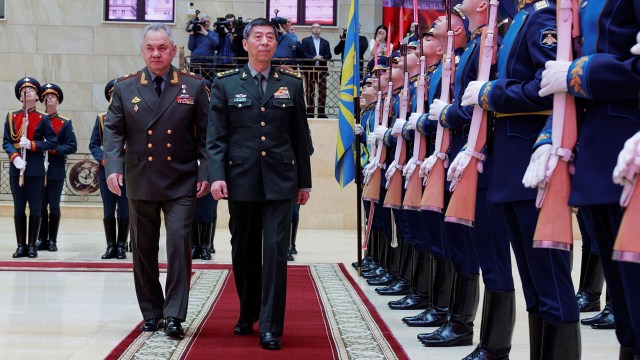
More From WPR
- Judah Grunstein on Hamas’ attack in Israel.
- James Bosworth on the U.N. mission in Haiti.
- Francisco Serrano on Tunisia’s economic crisis.
- Cameron Hudson on Sudan’s civil war.

